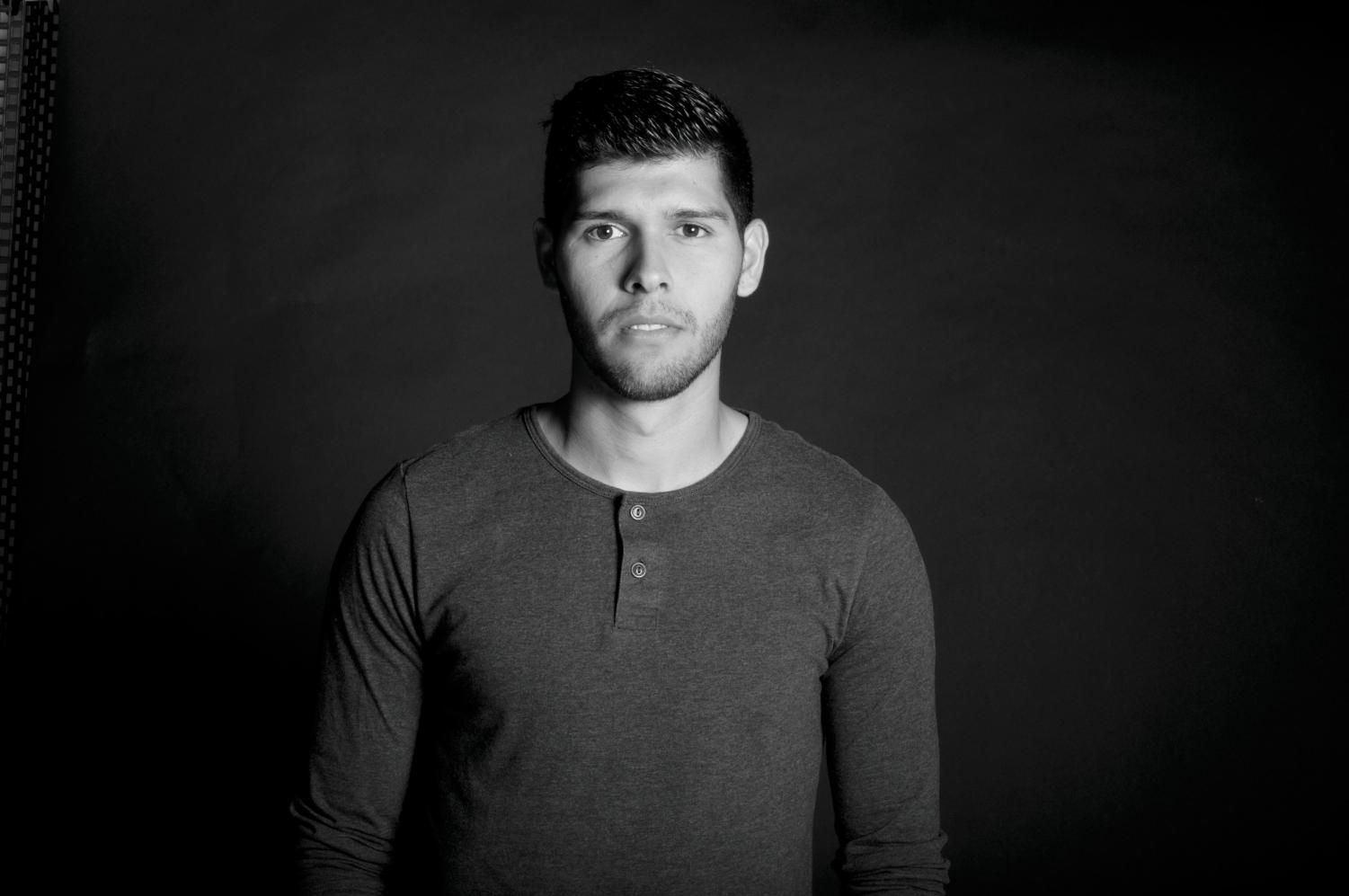Written by Keegan Cheleden
“Single-serving sugar, single-serving cream, single pat of butter. The microwave Cordon Bleu hobby kit. Shampoo-conditioner combos, sample-packaged mouthwash, tiny bars of soap,” comments the nameless protagonist in “Fight Club.” In this scene from the 1999 film, the character, played by Edward Norton, is illustrating the idea of a “single-serving” culture.
These items listed are meant for a one-time use. Understandably so, once the user has experienced some degree of satisfaction, or lack thereof, the remnants are to be discarded. After all, there is nothing permanent or long-lasting in the affection delegated to these products. However, the narrator expands this depiction to the consumption of people.
“The people I meet on each flight – they’re single-serving friends. Between takeoff and landing, we have our time together. That’s all we get.”
In one breath, Norton’s character equates the people he meets with the items he consumes. His affection, perhaps even his love, is rooted in the satisfaction he can glean from the individuals alongside him throughout the duration of his flights.
The ease with which he makes this comparison should cause concern and draw us to ask questions such as: Has the “love” imposed on a thing become synonymous with the “love” one declares for another person? Have we equated people with commodities, thus creating a profound misuse of the word “love”? If so, what are the implications of that and what goes into restoring the depth behind the breath that says, “I love you”?
The map of love
So what is the map navigating our use of the word “love”? If there is going to be a dialogue about the misuse of “love,” there must be a definition of the proper use of it.
“If you don’t have a map, if you don’t have an instrument, you’re adrift at sea,” says Tim Muehlhoff, Biola communications professor. “I think, today, our culture is adrift at sea. So we say, ‘Okay, we need to tighten up our concept of love.’ Where do you turn to tighten it?’’
One of the places we can turn to when tightening our definition of love is the Bible. Lamentations is a book in the Old Testament that poetically depicts the destruction of Jerusalem. The people in this city are experiencing the depravity of war, groaning for their suffering to be taken away. The unnamed author speaks of the loneliness that comes with no one comforting them and the frustration he has toward God for bringing this torment.
Then in the middle of the narrative, when the strife has not yet settled, the phrase, “Because of the Lord’s great love we are not consumed,” breaks forth. It is a beautiful sentiment, but does it have anything to offer when it comes to distinguishing love for material things and the human beings down the street?
Christa McKirland, a Biola graduate school counselor with a Masters of Biblical Exposition, turns to an app called Accordance when examining such biblical terms. This app allows users to look at the Hebrew definitions for words in the Bible. After highlighting the word ‘consumed’ in Lamentations 3:22, she notes, “‘[We are not] consumed’ would probably be ‘we are not finished.’’’
This idea of “not being finished” is striking when related to the temporal quality of an object like an iPhone or a favorite pair of jeans. The love given to products like these will end because the items themselves will have an end when they are deemed broken. Yet the people of God, who have been deemed broken in the midst of a fallen world, are not “consumed” or “finished.” Why is that? Perhaps because the “great love” given to the children of God is eternal. Such a love does not have the option to end. If it were to end it would be contradictory to its character.
Thus it is the permanence of the love of the Lord that allows us to trust that even in brokenness, we have not been pushed aside or thrown away like a commodity. And as a people called to love one another as Christ loves us, our use of the word “love” should be riddled with that same permanence when directed toward another person.
The throw away mentality
Yet an abiding permanence to love has not reached modern relationships partially due to a sociological concept called “Throw Away Mentality.”
To depict this idea, Muehlhoff shares a scenario in which his kids have a PS3 that broke and he takes it to a repairman. The man tells Muehlhoff that it will cost him $50 just to look at it and then another $50-$100 if something is wrong with it. Given that a new PS3 retails at around $200, the repairman tells him not to fix the old one and get a new one. Muehlhoff then states that this mentality does not just have to do with things, but also with people, “because it is easier to get rid of it, than to fix it. Get rid of a marriage, get rid of a roommate.”
The second a person stops being gratified by the PS3, it is time to get it replaced and love a new one. The moment a close friend speaks words that are treacherous and difficult to navigate, it is time to jump ship and change course. For the map we have been using is not set in stone, nor does it command a permanent love that begs the question of, “Could you explain to me why you said that?” but rather a love that echoes, “Because you have said that and disappointed me, I am leaving.”
This mentality of “you are replaceable” will not allow for long-lasting relationships with others.
“There are periods of time in every relationship, every family where people can’t give, they can only take,” Muehlhoff notes. “So if I always have a consumer mentality of, ‘I’m in this to get,’ there’s going to be seasons of life where you’re not getting much. You’re giving a ton…And you’re going to start to look to get out.”
Such a perception does not align with the enduring love we are called to maintain when the circumstances get rough and demand sacrifice.
The vulnerable love
However, where do we start? Knowing that divine permanence is what separates the “love” associated with things and the “love” between human beings, how do we get to a place of seeing that assumption through when we say, “I love you”?
The answer seems to be found in one word: vulnerability.
What does vulnerability look like?
“Waking up every day and loving someone who may or may not love us back, whose safety we can’t ensure, who may stay in our lives or may leave without a moment’s notice, who may be loyal to the day they die or betray us tomorrow – that’s vulnerability,” says Brene Brown, a professor at the University of Houston Graduate School for Social Work, in her book “Daring Greatly.” Vulnerability at its core is “uncertainty, risk and emotional exposure.”
There is no question that this is a difficult reality to accept.
“Vulnerability is scary,” notes Murray Decker, Biola professor of intercultural studies. “If love is not vulnerable, what is it? It’s tremendously vulnerable. There’s no potential for love without vulnerability.”
With that frame of reference we can look at Norton’s character from “Fight Club” and notice that he is not giving very much to the person he is treating as a commodity. He sees the end in sight, so why take the time to actually know the pain of the person next to him? This is a disposable love that he will abandon among the items he has finished when he disembarks the aircraft. Yet for those of us choosing to emulate a never ending love, we are called to not leave a person behind in the things that would otherwise separate them from us.
“We need to be the kind of people who can receive the vulnerability of others,” comments McKirland.
We have to learn how to stay in that gap of brokenness with another person and not pull away or try to get out. We are to jump in the trenches with them and repeat over and over, “I’m in your corner and I’m not leaving even if I get nothing out of this.” In doing so, we become people who can hold another person’s hurt with a protective and unyielding hand. We refuse to let only the satisfactory moments be “all we get,” as Norton’s character would suggest.
If we can get to the place where our devotion to a person in their darkest hour is not diminished, but deepened, then the “I love you” we direct toward them will hold significance. Such a sentiment will echo the love the Father gave to his Son on Calvary as he vulnerably opened up his arms to a world that did not realize that the man it threw away would be its greatest treasure.






One Comment
Johnnie
This is a well-written article. Good work that is easy to understand.